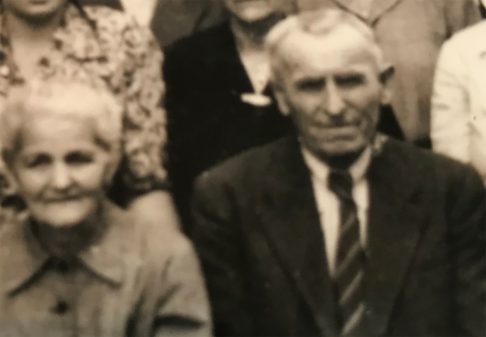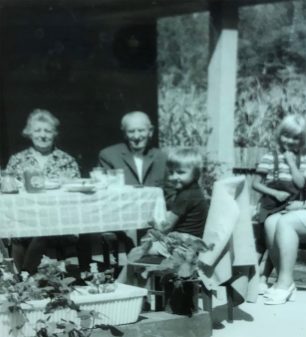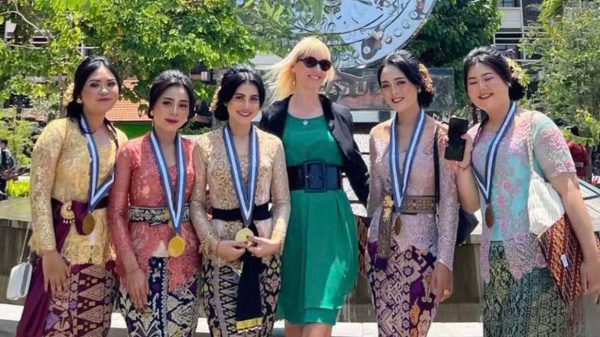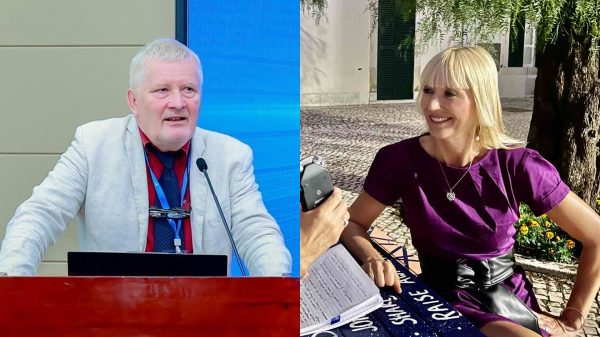
09.11.18
London Remembers
By Dina Mehmedbegovic-Smith
This whole week London remembers all those who lost their lives in WWI, with the main ceremonies taking place on Remembrance Sunday, 11th November, the date which marks 100 years of Armistice Day. Visual art, sound installations, poetry readings, films, plays, thousands of candles around the Tower of London and poppies everywhere: on people’s coats, monuments, buildings, they touch us and remind us, current Londoners, of losses and sufferings that went on then to give us the present we have now.
For children in schools today these remote events do not always appear as relevant and engaging. But in my experience, this type of learning can be transformed, if explored through personal narratives.
Autobiographical approaches which I presented at the Council of International Schools conferences in Hong Kong and Lisbon earlier this year use multimedia elements like the ones listed above to enrich the process of sharing personal experiences of historical events.
For all our readers in education keen to make history more engaging and personally relevant here is a link to download a publication with my chapter on this theme: Chapter 5: In search of high level learner engagement: Autobiographical approaches with children and adults.
For me this week is also about remembering my great grandparents: my great grandfather Mate Vanek who was 34 when WWI started and became a prisoner of war in the same year. And my great grandmother Maria Vanek who was 31 at the time and had to survive the war on her own with their four children, my grandmother Sofia being one of them.

Maria and Mate Vanek.
They were very fortunate to survive and continue with their lives. Here is their photo several decades after the end of WWI. They continue to live in my memories and gratitude. And I feel the same for all those whom London remembers this week. Learning about past is about understanding who we are today.

Sofia, Mate, Dina and Dragan
About the author
https://ecspm.org/wp-content/uploads/2018/12/Rethinking-Language-Education.pdf
Dina’s work on using autobiographical multimedia classroom approaches to develop intercultural competencies has been published and recognised as good practice by the Department of Education, NALDIC (National Association for Language Development in the Curriculum) and the British Council.

